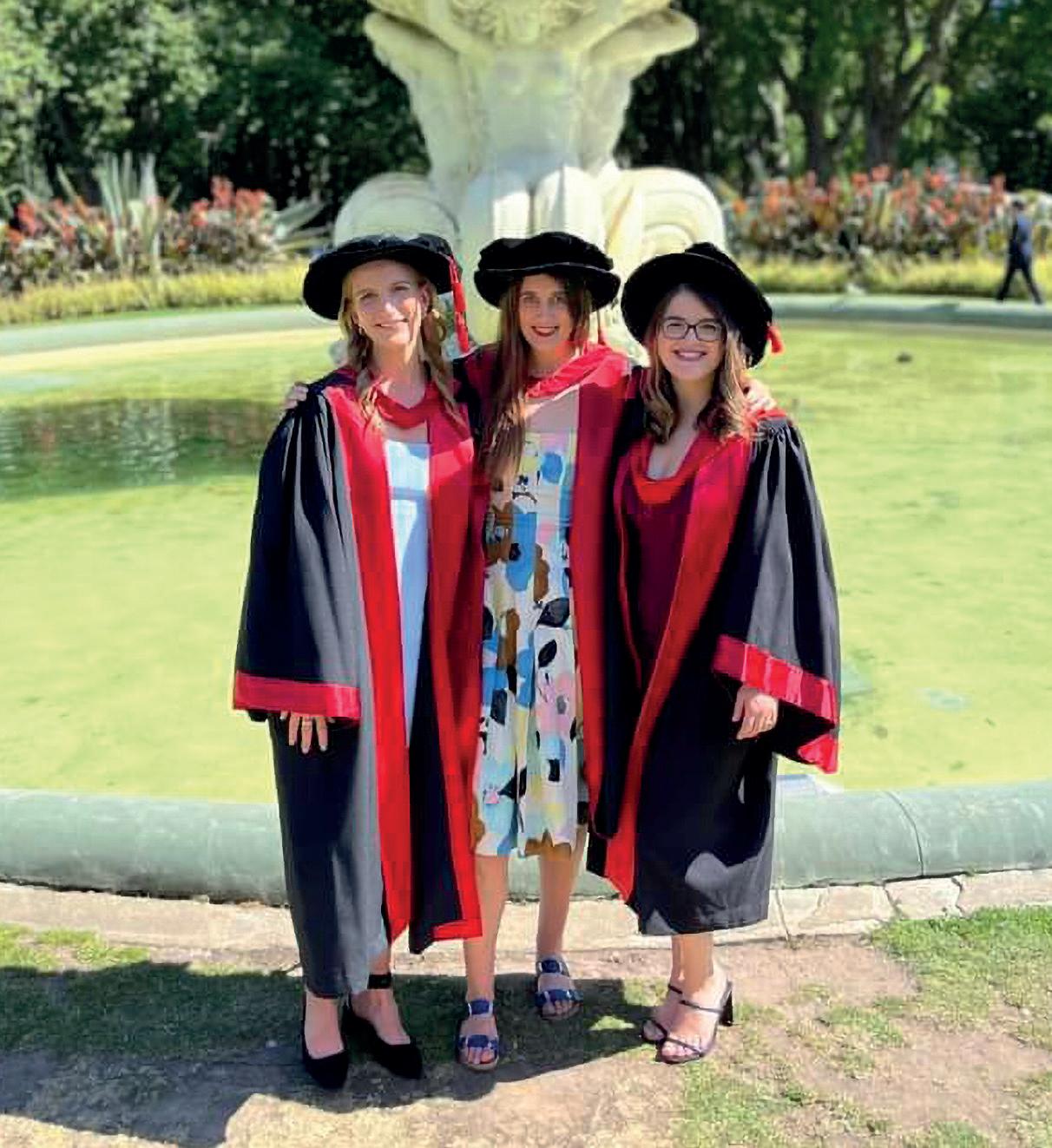
1 minute read
A seminal moment for sepsis
The Florey is one step closer to transforming the management of sepsis in intensive care units (ICUs) in Australia and across the world.
On a mission to save lives, Florey researcher Associate Professor Yugeesh Lankadeva is leading one of The Florey’s largest research collaborations. Featuring prominent scientists and clinicians, the team is conducting major clinical trials in public hospital ICUs across Australia and is potentially on the cusp of a breakthrough in sepsis treatment.
Using a compound patented by The Florey, the team will test a pH-balanced formulation of sodium ascorbate that, in recent pre-clinical studies, has been shown to reverse sepsis-induced brain, kidney and cardiovascular dysfunction.
One in five global deaths are due to sepsis, a dysregulated immune response to infection and the leading cause of mortality in ICUs around the world. There are currently no treatments to reverse sepsis-induced multi-organ failure and death.
“The results of using sodium ascorbate in septic patients have been very promising so far,” said Associate Professor Lankadeva.
To advance the treatment, the team were awarded an Australian Government Medical Research Future Fund grant of $4.9 million. The grant will enable leading scientists from The Florey, the Doherty Institute, Monash University, Peter McCallum Cancer Centre, and WEHI (Walter and Eliza Hall Institute) to further this work over the next five years.
Clinicians from Royal Adelaide Hospital, Alice Springs Hospital, Austin Health, The Royal Melbourne Hospital, Monash Health, Royal Brisbane and Women’s Hospital, Sir Charles Gairdner Hospital, and St George’s Hospital will also collaborate to form a true interdisciplinary team.
“This funding enables us to further investigate the safety and efficacy of this treatment. It will also help us determine the optimal dose and treatment duration of sodium ascorbate that can be used by clinicians in ICUs,” explained Associate Professor Lankadeva.
“Sepsis incidence is rising every year due to our ageing population and increasing prevalence of antibiotic resistance in our community.”
“We are building an enduring national collaboration between scientists and clinicians to enact long-term transformative health care changes and inform future research into personalised medicine for people diagnosed with sepsis.”








